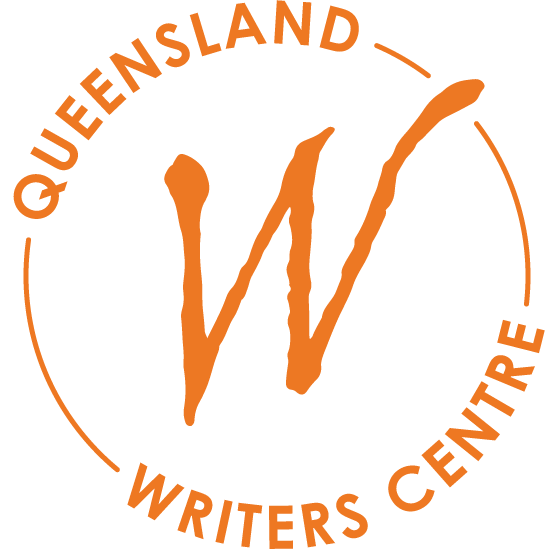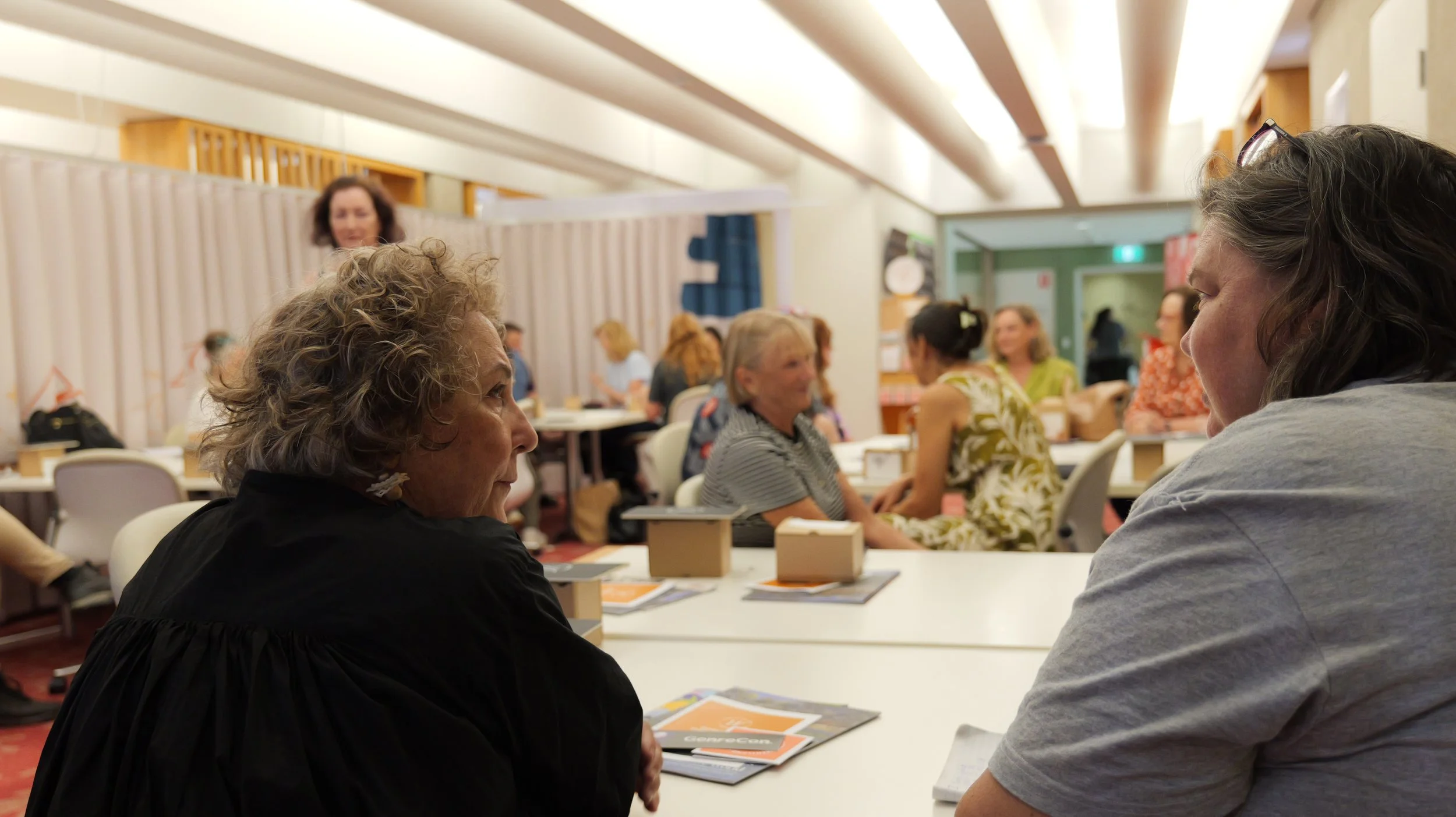Through The Editor’s Lens – Gayathri Biju
Editors are not your enemies, but your best reader.
With pens uncapped and minds wide open, the hours disappeared faster than usual, not because it was June’s Winter solstice, but because Kate Stevens was in the room with us at Queensland Writers Centre to show what happens behind the curtains at the editor’s desk. An academic at Queensland University of Technology and former Associate Publisher at Hachette Australia, Kate led the Working with a Professional Editor workshop with the kind of warmth and clarity that softened even the sharpest fears writers tend to have about editors. In the workshop, I found myself surrounded by more than 25 writers, some published and others unpublished, and all had turned up for the same reason: to make sense of the somewhat shadowy figure that is ‘the editor’.
There’s a peculiar unease that comes with the idea of handing your manuscript over to someone else. Writers often treat their drafts like babies and the editor, in this metaphor, is sometimes like a surgeon — you hope they’re precise, and yet you’re still terrified of their scalpel. Kate began by addressing that fear head-on. “A good editor is not your enemy,” she reminded us. In fact, quoting Peter Ryan from Melbourne University Press, she likened them to prisms in a pair of binoculars which were not meant to distort the view, but to bring it into focus. This reframing set the tone for the rest of the session.
Myth one: Editors are just proofreaders. No, they’re not. They help find clarity in the chaos. While AI (Artificial Intelligence) might check your commas, it’s the editor who checks your compass.
Myth two: Editors change things without your permission. “You’re the boss,” Kate assured us, even if you're working with a traditional publisher. A good editor will make suggestions and even challenge you, although the story will always remain yours.
We were guided through the different types of edits (structural, line, copy, and proof) and the different kinds of editors who perform them.
“Prepare yourself for a big edit,” Kate recalled one of her colleagues passing a message to an author. “...It can be a visceral moment.” I could see many nodding heads, with some wincing, some quietly laughing.
“Sit on it for a week,” Kate said about receiving editorial notes. That kind of pause is not only for revision. It’s a time to step back and see your work from a new angle, a clearer angle. Your editor wants your work to shine in your voice, not theirs. Kate repeated that the editor is your best reader. If they’re confused, your audience probably will be too.
As we got to the midpoint of the workshop, we played a game in groups to trace the journey from manuscript to bookstore shelf: a clever, hands-on reminder that there are lots of hands and effort into making your dreams as an author come true. We also got practical tips on working with freelance editors, and how face-to-face meetings at publishing conferences can give you a leg-up with traditional publishers. Turns out, standing in front of someone with a manuscript in hand is far better than waiting in the slush pile.
As someone relatively new to the world of publishing, I left the workshop with a new understanding: editors aren’t mysterious figures. They’re collaborators and their role isn’t to tear down your manuscript, it’s to help it stand. Kate’s session felt less like a lesson and more like an insider glimpse at the writer–editor relationship. She didn’t sugarcoat the process, she demystified it with honesty. I walked away with a better sense of what it means to trust someone with your words, and why, as a writer, that trust can make all the difference.
Gayathri Biju is studying a Masters in Strategic Communication at UQ and is a volunteer at Queensland Writers Centre.
Queensland Writers Centre volunteer Gayathri Biju attended recent workshop Working With A Professional Editor with Kate Stevens.
Attendees at a Queensland Writers Centre workshop.


